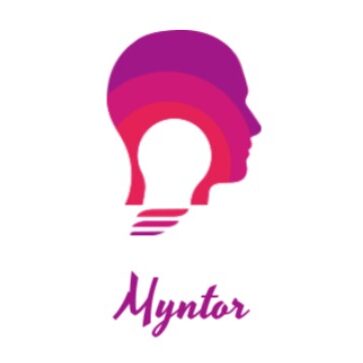Introduction
Blockchain technology has gained prominence primarily through its association with cryptocurrencies like Bitcoin and Ethereum. However, the potential applications of blockchain extend far beyond the realm of digital currencies. This article aims to explore the diverse and transformative uses of blockchain technology in various sectors.
Understanding Blockchain Technology
Before diving into the applications, it is essential to understand what blockchain technology is:
- Decentralized Ledger: Blockchain is a decentralized digital ledger that records transactions across numerous computers.
- Immutability: The data, once recorded, cannot be altered, ensuring an immutable and transparent record of information.
- Smart Contracts: Self-executing contracts with the terms of the agreement directly written into lines of code.
Blockchain Applications in Finance
Blockchain’s impact on the financial sector is well-documented, but its applications go beyond cryptocurrencies:
1. Cross-Border Payments
Traditional cross-border transactions are often time-consuming and expensive due to the involvement of multiple intermediaries. Blockchain can streamline this process by enabling faster, cheaper, and more transparent transactions.
2. Fraud Prevention
Blockchain’s immutability ensures that financial records cannot be tampered with, significantly reducing the risk of fraud and enhancing the integrity of financial data.
Supply Chain Management
Blockchain technology can revolutionize supply chain management by providing a transparent and verifiable record of the journey of goods:
1. Traceability
Blockchain allows for real-time tracking of products from the manufacturer to the consumer, enhancing transparency and accountability.
2. Authenticity
With blockchain, consumers can verify the authenticity of products, ensuring they are purchasing genuine items rather than counterfeits.
Healthcare Applications
In the healthcare sector, blockchain can solve numerous challenges related to data security and interoperability:
1. Secure Patient Records
Blockchain can securely store patient records, ensuring that they are accessible to authorized personnel while maintaining privacy and security.
2. Enhanced Data Sharing
Blockchain facilitates seamless data sharing among healthcare providers, leading to better coordination and improved patient care.
Real Estate
Blockchain can introduce transparency and efficiency to the real estate industry:
1. Property Transactions
Smart contracts can simplify property transactions, reducing the need for intermediaries and speeding up the process.
2. Land Registries
Blockchain can create tamper-proof land registries, reducing fraud and ensuring clear title ownership.
Voting Systems
Blockchain can enhance the security and transparency of voting systems:
1. Secure Voting
Blockchain ensures that votes cannot be altered or tampered with, maintaining the integrity of elections.
2. Transparency
Every vote can be tracked and verified, enhancing transparency and public trust in the electoral process.
Conclusion
While blockchain technology has gained immense popularity through its association with cryptocurrencies, its potential applications are vast and varied. From finance and supply chain management to healthcare and real estate, blockchain has the potential to transform numerous industries by enhancing transparency, security, and efficiency. As the technology continues to evolve, it is crucial for businesses and policymakers to explore and harness the full potential of blockchain beyond cryptocurrency.
